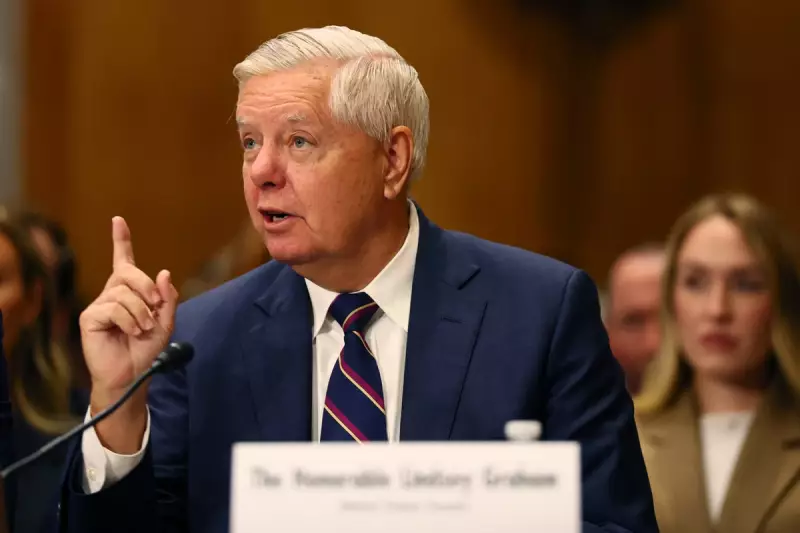
In a significant hardening of Republican rhetoric towards Moscow, prominent US Senator Lindsey Graham has publicly urged Donald Trump to endorse sweeping new sanctions against Russia's elite and critical energy infrastructure if he wins the November election.
The South Carolina Republican's proposition represents a dramatic departure from his party's traditionally softer approach to Vladimir Putin's regime. Graham's plan specifically targets the Russian President's inner circle and key economic pillars that fund his ongoing war in Ukraine.
A Strategic Shift in Republican Foreign Policy
Speaking with notable conviction, Graham outlined his vision for a more aggressive US stance against Russian aggression. "The only way this war ends is for Russia to pay a price they can't afford," Graham stated, emphasising the need for economic measures that directly impact Putin's decision-making capabilities.
The proposed sanctions package would extend beyond current measures to specifically punish Russian energy exports and financial institutions that have thus far avoided the full impact of international restrictions.
Targeting Putin's Power Base
Graham's strategy focuses on undermining the very foundation of Putin's political support. "You need to go after the elite around Putin," he explained, highlighting how previous sanctions have failed to pressure those closest to the Russian leader.
The senator's comments suggest a recognition that earlier measures, while extensive, have not sufficiently damaged the economic interests of the oligarchs and officials who maintain Putin's grip on power.
The Trump Factor and Future US Policy
This public appeal to the former president comes at a critical juncture in US-Russia relations. Graham's position marks a notable evolution from his earlier, more conciliatory approach towards Moscow during Trump's first term.
The senator's renewed hawkishness reflects growing bipartisan concern about prolonged conflict in Ukraine and the need for more effective deterrence against future Russian aggression. How Trump responds to this proposal could significantly shape US foreign policy towards Russia for years to come.





